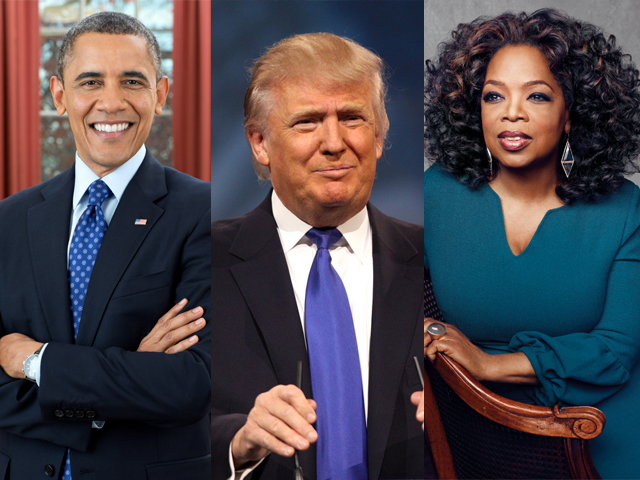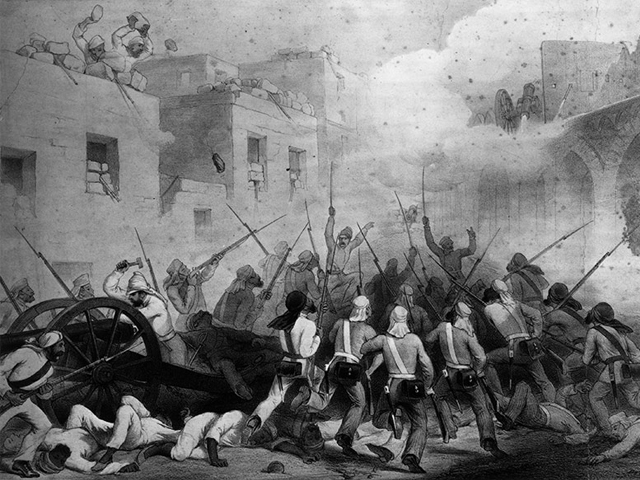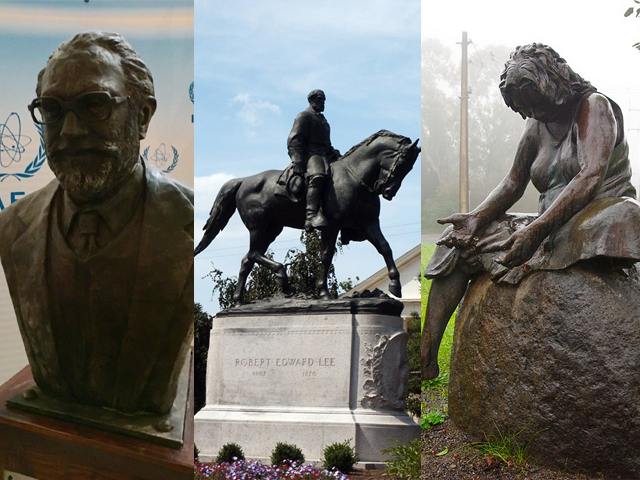
Pakistan’s treatment of its minorities measures its achievement in decency
The practice of forcibly converting and marrying non-Muslim minority members in Pakistan has finally been acknowledged
The conflict between forcible conversions and an Islamic Republic flits on borderline blasphemy or heresy. Although the three Abrahamic religions forbid forcible conversions, their followers do carry a blemished record.
Christians might reveal lingering cases of coercion and enticement and the single, tiny Jewish state constantly squirming in the limelight dare not add to its troubles. That leaves Muslims and their minorities in Pakistan living under the banner of an Islamic Republic. The deviant practice of forcibly converting and marrying non-Muslim minority members in Pakistan has finally been acknowledged in a laudable parliamentary announcement.
On October 5, 2016, The Express Tribune reported that the day before, Pakistan’s National Assembly had “adopted a resolution, urging the government to take necessary steps to stop forced religious conversions and marriages of women belonging to minorities”.
The forced conversions and forced marriages of women are symbiotic and, going by the resolution, men are either not pressured into marriages or they don’t need protection. Whatever the case, the focus is on female sufferance, although, to my knowledge, there have been murders and forced conversions of non-Muslim men who attempted or actually dared to marry courageous Muslim women. Marriage is not just a ploy but an opportunity to gain converts. No plots are hatched to choose a victim for conversion and then force a marriage upon the hapless prey. The conversion is the victimising consequence of inter-marriage targeting the minority community.
Boy meets girl. They fall in love. If their castes, family and socio-economic backgrounds are different, it will either end in tragedy or a fulfilling comedy. But not a forced conversion. That kicks in for intermarriages. Among the educated affluent, a non-Muslim boy and a Muslim girl who want to enjoin their lives will be hastily bundled off to add to the ranks of immigrants in the West. After which they are never spoken of again, but at least they are alive. That is, if they aren’t obstinate and hang back in Pakistan. If the girl involved is a non-Muslim, she will suffer a worse fate.
Furthermore, in that case, the boy and, perhaps even the girl, would be pressured to convert or be killed as a last resort. It is among the uneducated or indigenously educated rich or poor that murders or forced conversions are chosen as a first solution. This situation triggers the causal question and disgorges three scenarios.
Firstly, a non-Muslim girl from a poor family, going out to work is kidnapped, raped and then forced to convert and marry the rapist.
Secondly, a non-Muslim boy and a Muslim girl wish to marry. Sometimes, even the boy’s conversion to Islam is not enough to remove the slur on the girl’s family, leading to murder.
Thirdly, it is generally believed by Pakistani Muslims that although Christian-Muslim marriages are permissible, a Muslim female may not marry a Christian male unless the latter converts to Islam. When one of the parties does not profess an Abrahamic religion, it aggravates the situation. Reportedly, Hindus in Sindh are hard hit, migrating to India in droves in a tragic remake of Partition 1947. On August 11, 2016, Minorities Day, their plight made an impact on Pakistanis that were sensitive to self-respect and decency.
It is not this writer’s remit to pronounce on the accuracy of this theological and scholarly interpretation of intermarriage but to draw attention to its prevalence which has caused much grief, finally leading to this resolution being adopted as an opening shot by Pakistan’s National Assembly.
At their core, forcible conversions and marriages are propelled by this belief. If this resolution becomes law, it will continue to be forcefully challenged and reduced to a toothless judicial Waterloo.
A follow-up parliamentary resolution paving the way for intermarriages irrespective of the couple’s faith, communities will start addressing the heart of the matter. It will, of course, be hotly contested, testing the extent to which the Republic of Pakistan seeks to justify its chosen attribute of Islamic, and the way in which it chooses to display its public and private face.
The issue remains in the realm of Islamic jurisprudence, which weighs heavier on the public than any parliamentary resolution. The power in this case is in the hands of the Muslim clergy. Even the current resolution’s ground effect will be limited unless these gentlemen of the clergy are brought on board and convinced to diffuse instructions to the pulpits under their influence.
It may be added that to the best of this writer’s knowledge, there have never been any arranged inter-marriages in South Asia, ever. Akbar and Jodha-bhai style unions were politically motivated, one-sided exceptions, while Hindu-Sikh intra and inter-clan marriages, though unwelcome, have not degenerated to bloodshed or forced conversions. Yet, the history of South Asia is replete with examples of forced, coerced and enticed conversions through marriage or without it.
A well-intentioned member of the National Assembly suggested that in the interests of “equality”, the word “minority” be replaced by “person”. Pakistan’s fledgling democracy struggling to find an honourable space for its minorities cannot succeed in this ambition without structuring some form of mentoring. Eventually, the minorities will themselves start resenting patronisation and seek to shed it when they feel it is no longer necessary. In fact, this restlessness would be the measure of Pakistan’s achievement in decency. That day, Pakistan will stand tall.
At the end of the day, the resolution is a heartening first step of Pakistan’s pilgrimage in search of collective redemption, a path India trod at Independence when, legislatively, caste ceased to exist. It did not eliminate caste but started an on-going struggle. Lincoln freed slaves but it took Kennedy and the National Guard time to desegregate buses and schools, and American blacks can still be shot off-hand by trigger-happy police officers.
Engineering a society and its political structures is a complex and herculean task, more so when the nation involved is struggling with literacy levels and poverty within a structure that has inextricably intertwined church and state. That, of course, does not appear to deter Pakistanis from looking their demons in the eyes and fighting them like Saint George, the oriental saint appropriated by the British whose tomb, in Palestine, is visited by Muslims and Christians alike.
Pakistan has come a long way from the time this article could never have been published and the forced conversions and marriages were taboo subjects, even in private. In their treatment of minorities, societies and civilisations are pitilessly judged by history. Muslim rule throughout history has demonstrated periods of enlightened governance. There is no reason to suppose that Pakistan does not have the potential to attain as much. And the incentive to achieve looms over its chosen status as a nuclear power under blazing spotlights directed by the comity of nations.




COMMENTS (15)
Comments are moderated and generally will be posted if they are on-topic and not abusive.
For more information, please see our Comments FAQ